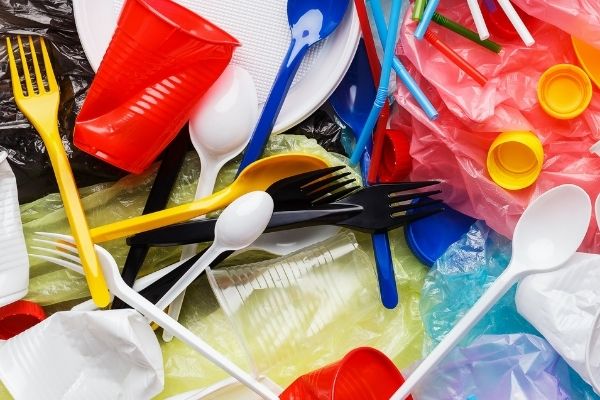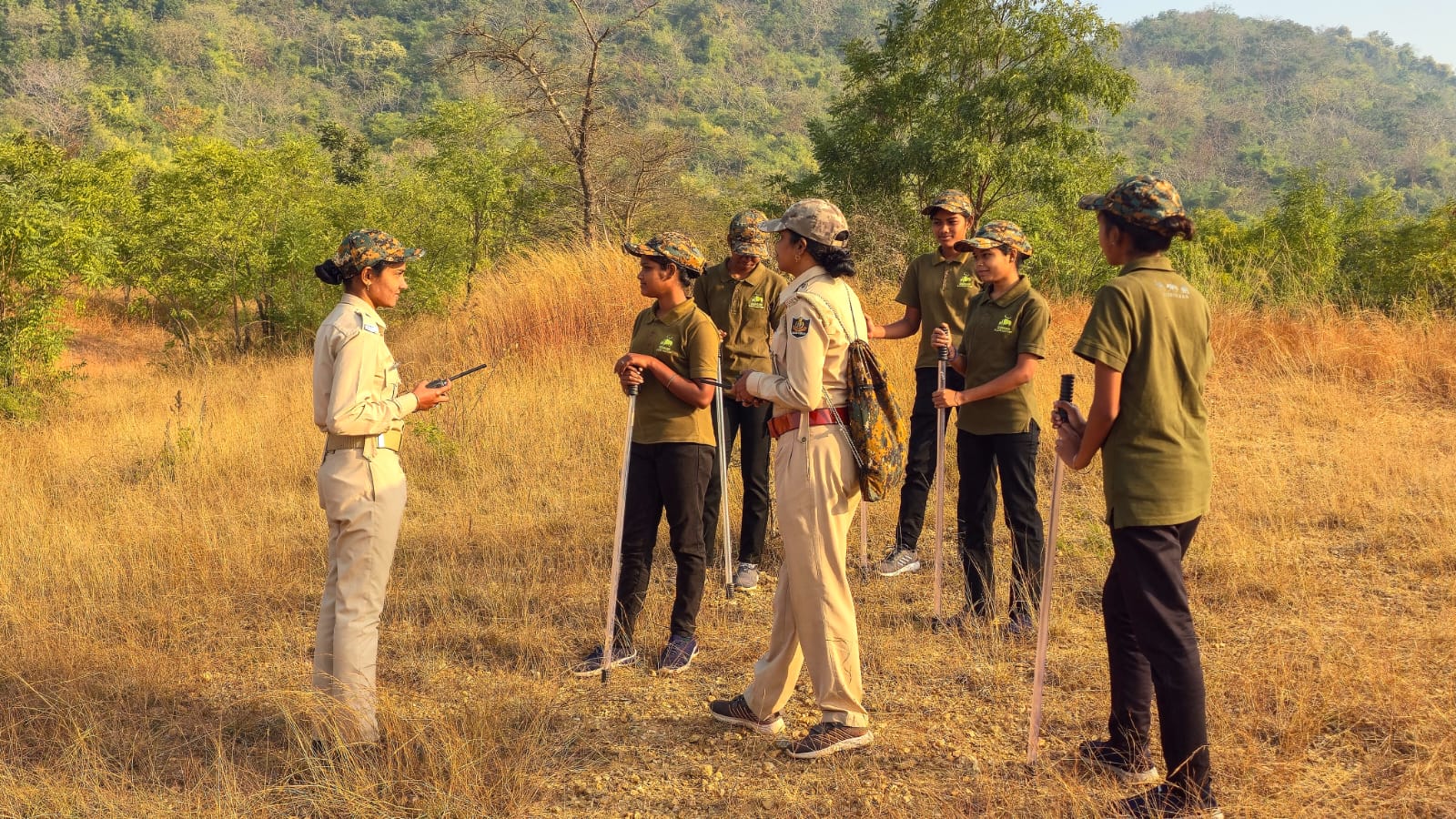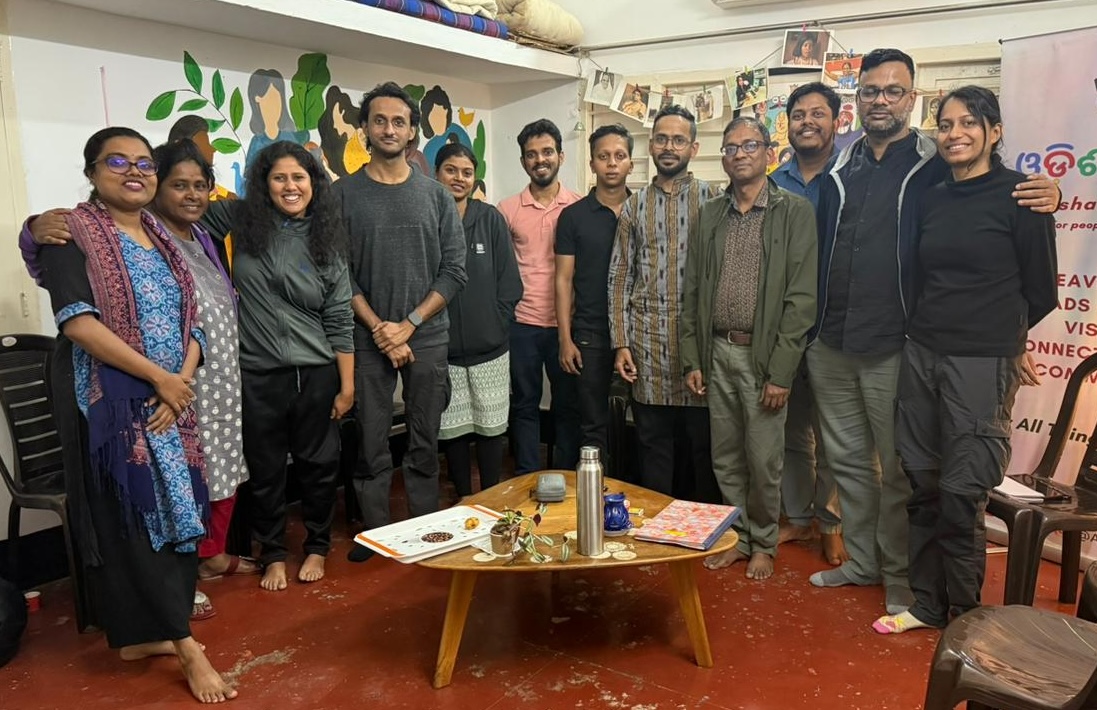Bhubaneswar: The menace of plastic pollution continues to plague India, despite stringent regulations and comprehensive bans on the manufacture, import, stocking, distribution, sale, and use of certain plastic products. The Ministry of Environment, Forest and Climate Change notified the Plastic Waste Management Amendment Rules, 2021, on August 12, 2021, prohibiting identified single-use plastic items with effect from July 1, 2022. Yet, the country is still grappling with significant environmental challenges posed by plastic waste.
Nationwide Ban and State-Level Efforts
The amendment rules prohibit the use of plastic carry bags with a thickness of less than 120 microns from December 31, 2022, and non-woven plastic carry bags below 60 grams per square meter from September 30, 2021. Over and above these central regulations, individual States and Union Territories (UTs) have implemented their own bans and restrictions on plastic usage.
As of now, a total of 34 states and UTs have imposed complete bans on the manufacture, storage, import, distribution, transportation, recycling, sale, and use of plastic carry bags and certain single-use plastic items. States like Maharashtra, Tamil Nadu, and Kerala have been particularly proactive, implementing extensive measures to curb plastic pollution.
Persistent Plastic Pollution
Despite these efforts, plastic pollution remains a pervasive issue across the country. Rivers, lands, and urban environments are still inundated with plastic waste, adversely affecting ecosystems and public health. The bans, while comprehensive on paper, face challenges in enforcement and public compliance.
Strengthening Implementation
The Ministry has undertaken several measures to strengthen the implementation of the Plastic Waste Management Rules, 2016, and to enforce the ban on identified single-use plastic items:
- Special Task Forces: All 36 states and UTs have constituted Special Task Forces under the Chief Secretary/Administrator to eliminate identified single-use plastic items. A National Level Taskforce coordinates efforts at the central level.
- Supply Chain Controls: Directions have been issued under Section 5 of the Environment (Protection) Act, 1986, to prevent the supply of raw materials for manufacturing banned plastic items.
- Monitoring Platforms: Online platforms like the National Dashboard, CPCB Monitoring Module for Compliance on Elimination of Single-Use Plastic, and the CPCB Grievance Redressal App facilitate effective monitoring and enforcement.
- Enforcement Campaigns: Pan-India enforcement campaigns have been conducted since July 2022. During these campaigns, approximately 853,832 inspections were carried out, with violations detected in 344,689 cases. Fines amounting to Rs. 19,05,13,471 were imposed, and 19,49,535 kg of plastic was seized.
- Regular Drives: States and UTs have been asked to undertake regular enforcement drives to implement the ban, focusing on markets, manufacturing units, and vendors.
Alternative Solutions and Research
The government also supports research projects aimed at finding alternatives to banned single-use plastic items. The Ministry of Micro, Small and Medium Enterprises (MSME) provides support to MSME units transitioning from plastic manufacturing to alternative products.
Community and Global Initiatives
India participates in global initiatives like the United Nations World Tourism Organization’s (UNWTO) Best Tourism Villages Competition, showcasing its efforts in sustainability and rural tourism. Villages like Pochampally in Telangana and Khonoma in Nagaland have gained recognition for their environmental efforts.
The Ministry of Environment, Forest and Climate Change’s robust framework and the states’ proactive measures indicate a strong commitment to combating plastic pollution. However, the persistent presence of plastic waste highlights the need for enhanced enforcement, public awareness, and sustainable alternatives. As India continues to battle this environmental crisis, collective efforts from the government, industry, and citizens are crucial to achieving lasting change.





